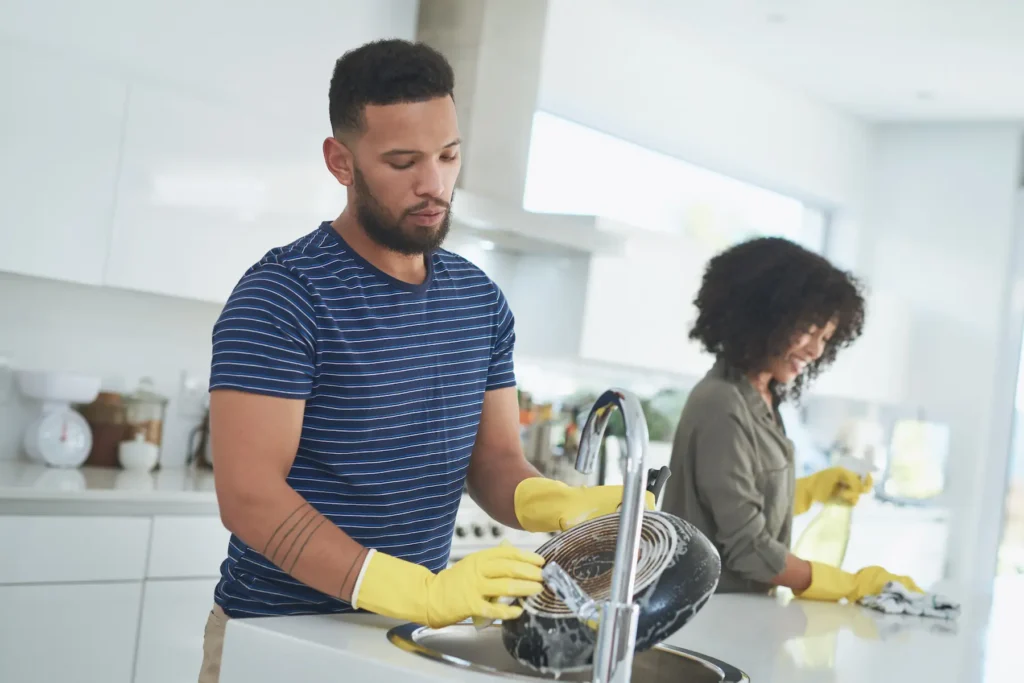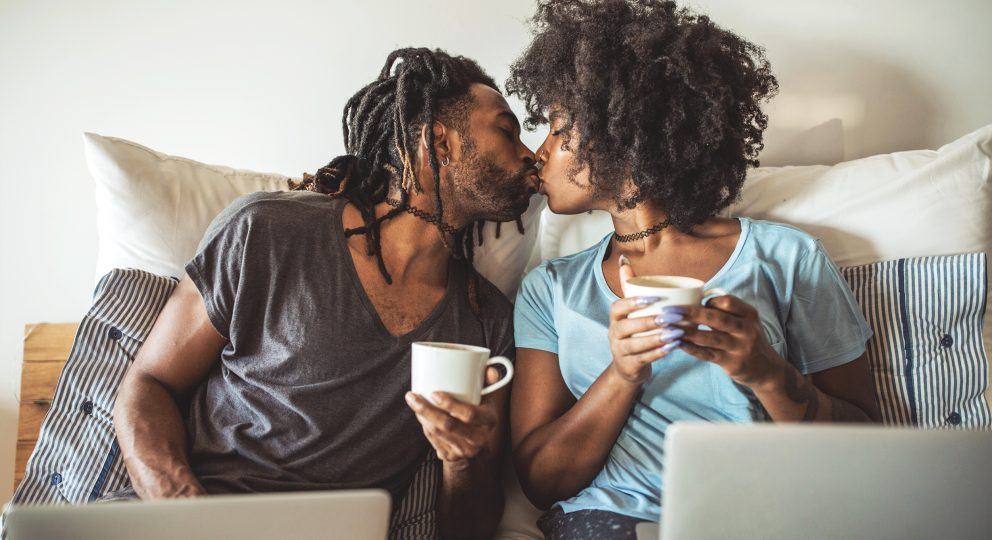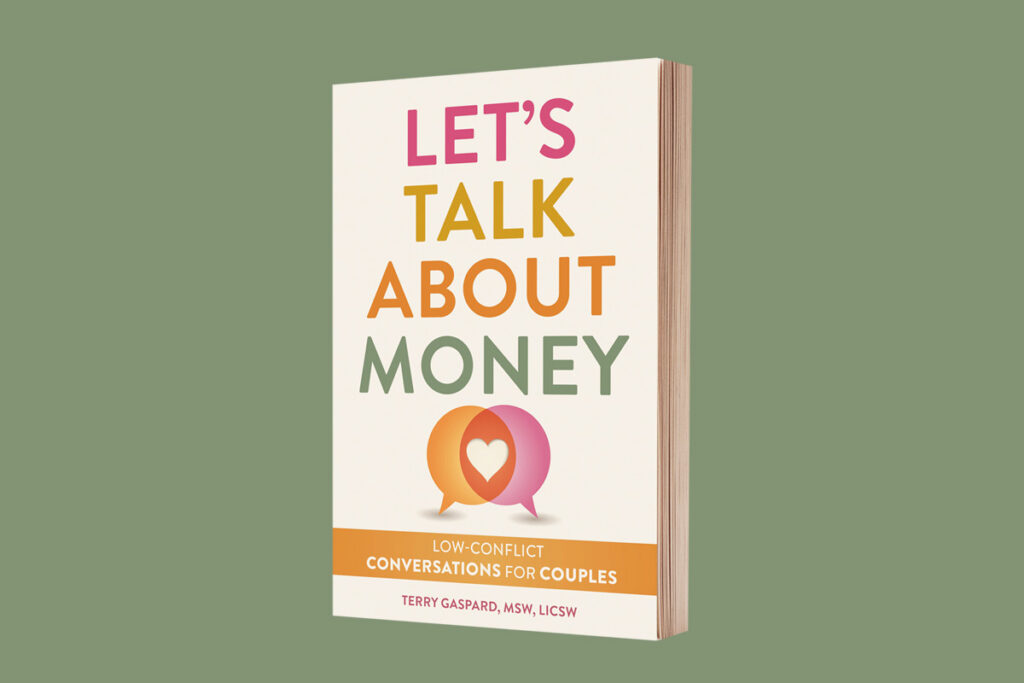‘In insecure relationships, we disguise our vulnerabilities so our partner never really sees us.’
Dr. Sue Johnson
Will you be there for me?
According to Dr. Sue Johnson, founder of Emotionally Focused Therapy (EFT), most arguments in relationships are protests over emotional disconnection. Underneath the fights, partners are wondering: Are you there for me? Can I count on you? Do I matter to you? Do you value and accept me?
We all seek secure connections with our loved ones. Through this bond, we can feel safe and become emotionally dependent on each other for nurturing and protection. This is essential for our emotional wellbeing. With healthy dependency, we then feel secure enough to step outside our comfort zone and take risks, knowing we have someone who cares in our corner.
John Bowlby, father of attachment theory, emphasized that our ability to relate to others and create close, intimate connections is the ultimate barometer of healthy functioning. And isn’t that what’s missing in our modern society now? While we are surrounded by many people online and in real life, many individuals feel alone and disconnected. Many feel fearful about being truly seen and vulnerable as it hasn’t been safe for them before. Even in committed relationships, people struggle showing up authentically. They often feel distant from their partners. They feel unseen, unknown and lonely.
Loneliness isn’t about being alone. It’s about feeling disconnected from others, even in a room full of people. Hence, to feel less lonely we need authentic relationships. Many individuals who are single think that once they find “the one” they will never feel lonely again, and yet there are many people in relationships who feel so utterly alone.
Our Need to Co-Regulate
Brains scan studies by J. Coan parallel Bowlby’s concept of “contact comfort,” the idea that secure relationships create perceptions of a safer world. Studies of visual perception also show that if we stand in front of a hill alone, our brain actually estimates the hill to be higher than if we have a friend with us. What this shows is that the brain takes proximity to social resources into account even in basic perception processes (Schnall, Harber, Stefanucci, &Proffitt, 2008; Gross & Profitt, 2013). We need others by our side, people we can count on and rely on. Research shows that co-regulation with another who feels safe to us is the most effective way of regulating, even more so that self-regulation.
What blocks stand in the way?
So what gets in the way of authenticity in relationships? Is it as simple as finding the right person? Is it about commitment? Unfortunately, even with partners who we think are right for us, we may experience problems showing up authentically. In order to be authentic, we must first feel safe and secure. It’s difficult to open up to someone, to put our guard down if we think they may judge and criticize us or reject and abandon us.
Our past wounds don’t help either. Usually, we have experiences of showing up authentically and getting hurt. Sometimes this goes back to our childhoods. Early on we learn how to be, what to do and what not to do to be accepted. We all want to belong, so we will do anything not to get shunned by our caregivers. Later in life we may experience bad breakups, ridicule by someone we loved, betrayals, bullying and so much more that will leave its mark and make us feel unsafe to open up in this world. As I always say, people get wounded and healed in relationships.
Past traumas
Traumas can happen even with well-meaning people who just don’t know any better, who struggle with their own blocks and are unaware. We tend to think of trauma as big, life changing events such as abuse, wars, assaults, natural disasters, etc. But trauma is all about perception. What may be perceived as traumatic by one person may not be perceived as trauma by another. While big traumas are evident, so much of smaller traumas can be subtle. And yet, they can add up and affect someone’s view of self, others and the world. Sometimes traumas are what should have happened but didn’t. So life experiences such as childhood neglect, absent and unattuned parents, parents who harshly disciplined us and were critical, bullying, painful breakups, betrayals in friendships and business endeavors can all be traumatic.
Healing begins with Emotional Safety
In relationships, sharing vulnerably builds bonds. Our deepest needs for a felt sense of connection are met when our partner provides us with a safe space to express ourselves. When our partner truly listens to us, we feel seen. It becomes easier to show up authentically then. Unfortunately, many couples have a hard time listening to each other during conflict discussions. It’s so important to put a hold on our own agendas and really listen to what our partners are saying, to understand them on a deeper level. This not only will help problems solve but will also create emotional safety. And this is needed for someone to show up authentically.
Need for Repairs
You can’t always be the perfect partner, the perfect parent, or the perfect friend. We are human and we make mistakes. But what we can do is show up and repair ruptures with our loved ones. John Gottman’s research shows us that happy couples also have conflict. But when there is a disconnection, a conversation that didn’t go well, they get back on track by making repair attempts. This is a happy couple’s “secret weapon.” So to create a sense of safety, we need to know how to soften things, how to apologize, how to help our partner feel safe to share more.
Authenticity in relationships isn’t possible in an environment that’s full of contempt, shame, harshness, betrayal and pain. Our protective parts take over in this situation. However, creating a safe space in your relationship where you are on the same team and gentle with each other can be the start of that emotional safety that’s needed for a healthy relationship.







